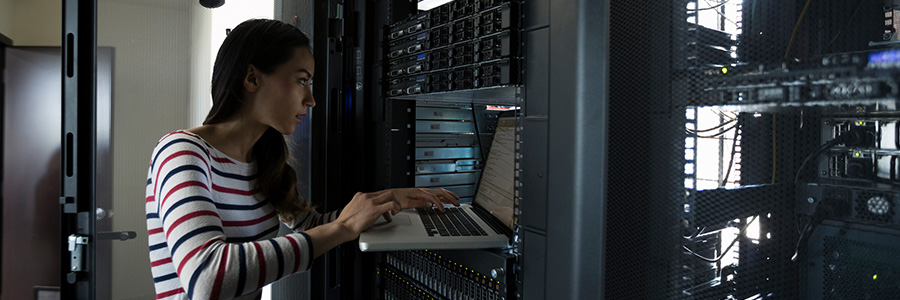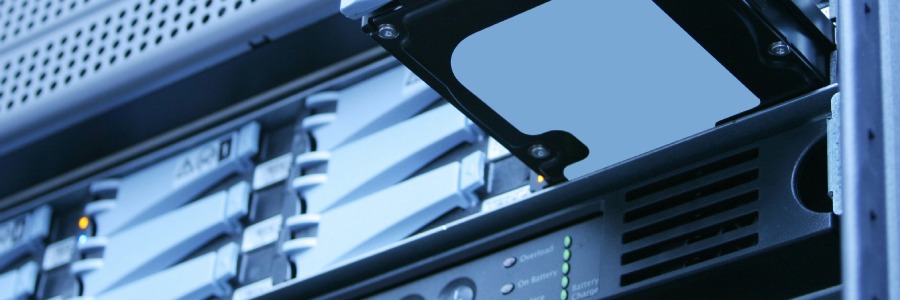Data backups are critical in maintaining business operations, but it isn’t always clear which backup strategy a business should implement. Backups should firstly be a matter of protecting business data from loss, so a good rule of thumb is to employ a strategy that lowers your risk of loss the most.

Which data backup type is best for your business?

Human cloud: The workforce of the future
Companies are increasingly tapping into a virtual, on-demand workforce. The human cloud offers a competitive advantage for startups and small- and medium-sized businesses (SMBs) by letting them outsource specialized skills and expertise globally. Let’s take a look at what the human cloud is and how it enhances remote team collaboration.

Cybersecurity tips for social media users
Most businesses nowadays lean heavily on their social media presence to augment their marketing and advertising efforts. But social media is not without its dangers. Internet crime is on the rise, and cyberattackers are finding novel ways to exploit the growing online footprint of many companies.

How to leverage technology to increase efficiency
Successful businesses make technology work for them, not the other way round. When used correctly, technology can make every task much easier to accomplish. So if you’re looking to increase staff efficiency, incorporate technology into your daily operations with the following methods.

Use these tips to stay safe on Facebook and Twitter
Never let your guard down when you’re on social media! Malicious hackers are becoming better at stealing your personal information, so keep these reminders and tips in mind to remain safe while you’re on platforms like Facebook and Twitter. Lock screens exist for a reason Always lock all your devices as soon as you stop […]

3 Questions to ask before replacing your servers
Your company’s servers will eventually need to be replaced. To conserve and maximize your resources, you need to anticipate the best time to do this, as well as consider alternatives that offer the same — if not better — outcomes for your business.

The biggest ransomware attacks of 2020 and what we can learn from them
Ransomware is still a surging threat to businesses of all sizes — not even small enterprises are immune from the risk. However, by studying ransomware attacks on other organizations, you can develop good internet hygiene habits and robust data policies that effectively protect your business from ransomware operations.

What are the different Microsoft 365 plans and what are their features?
Microsoft 365’s plan segmentations are complicated, so here’s a simple primer on what to expect with each suite. This article should provide you with enough information to decide which Microsoft 365 plan is ideal for your business. Information workers or frontline workers? Microsoft 365 is the obvious choice if you’re running cloud-based business systems, but […]

6 Tips for keeping organizational unity up — even if not everyone is in the office
Building organizational unity can be tricky these days, as many companies are embracing work from home arrangements and satellite office setups. Non-office-based workers are at a clear disadvantage, as their physical absence from the office means they miss out on integral workplace social interactions that are necessary to build relationships and strengthen teamwork.

